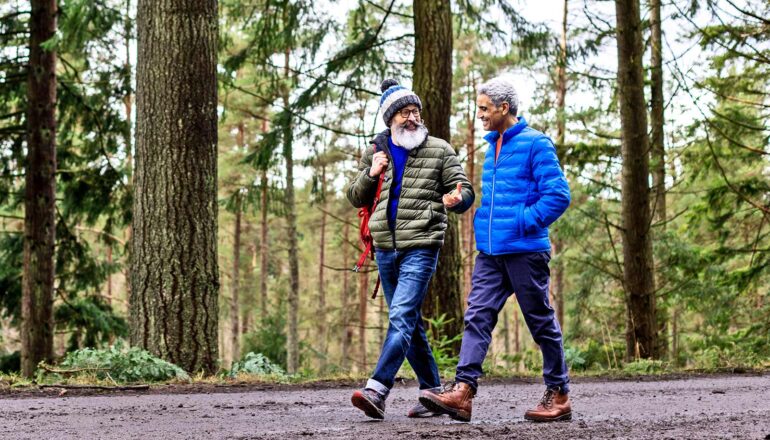Listen: How trees boost your focus and mental health
- University of Chicago psychologist Marc Berman’s research explores how trees boost attention and improve mental health.
- Berman’s work on “soft fascination” reveals that natural environments have a profound impact on our minds and bodies, often going unnoticed.
- The study’s findings suggest that spending time in nature can reduce crime rates, with one hospital study showing a 48% decrease in violent behavior among patients who spent time outdoors.
- Even plastic plants were found to have a positive effect on mental health, highlighting the power of natural environments over artificial ones.
- The research has implications for urban planning, depression treatment, and even parenting strategies, offering new insights into how nature can be harnessed to improve our well-being.

In a new podcast episode, a psychologist explains how trees boost your attention, improve mental health—and even reduce crime.
University of Chicago psychologist Marc Berman’s research on “soft fascination” and nature’s cognitive effects is reshaping how we think about everything from urban planning to depression treatment.
From groundbreaking hospital studies to surprising results with plastic plants, Berman’s work uncovers the deep—and often invisible—power that natural environments hold over our minds and bodies.
Whether you’re a city planner, a parent, or just someone feeling mentally fatigued, the conversation on this episode of the Big Brains podcast may just change the way you think about a walk in the park:
Source: University of Chicago
The post Listen: How trees boost your focus and mental health appeared first on Futurity.
